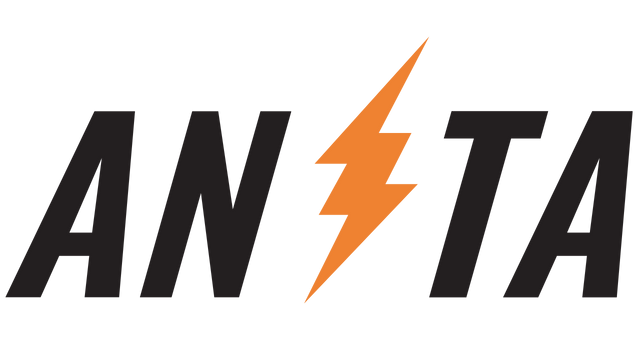Weekly Nr. 34 - Bitcoin, the steady lifeboat
1 Thought of the week
I think almost no one - including me - grasps the full power of Bitcoin. And I don't mean the price of the asset. I mean the resilience of the network and the fact that a community of people can use it to topple dictators. If more people would use Bitcoin it could drain financial power from authoritarians and give it back in the hands of the people. Only 8.4% of the world's countries are full democracies. 41% are flawed democracies, 15% hybrid regimes, and 35,6% authoritarian regimes.
It's individuals like Meron Estefanos, a human rights activist from Eritrea, or the Bitcoin Beach team in El Salvador that are educating one person after the other how to opt-out of the system and jump into the lifeboat. In September all 6.5 million inhabitants of El Salvador will receive the equivalent of $30 in bitcoin within the Chivo Bitcoin wallet.
2 Quote of the week
“Bitcoin helps people on the ground as a money transferring method, as an investment and even to topple a dictatorship. In Eritrea 36% of the population survive because of remittances. Banking is controlled by the government, the Hawala system is controlled by the government. The people that give out the money in Eritrea are part of the government and they need the hard currency sent from abroad. If we Eritreans and other African regions fighting dictatorships would start using Bitcoin, we’d take away the power of the government, because without money, they are nothing.” – Meron Estefanos, Human rights activist
3 Miners Leaving China Is Good
The price drop in the last week and China's ban on Bitcoin mining are no reasons to worry. At least not for long-term thinkers like you and me. Compared to 12 months ago, when bitcoin's price was $10k, we are still 3 times up at a price of $30k.
In the last 7 days the hashrate dropped ~35%.

This is not a problem for the Bitcoin network, because the mining difficulty is automatically adjusted to the current hashrate every 2,016 blocks. The next retargeting will occur on July 1, the difficulty of the mining algorithm will be reduced so that the block time of 10 minutes is reached again. The Bitcoin network is stable and resilient.
4 Spain's BBVA opens bitcoin trading
Spain's BBVA bank launched a bitcoin trading service for private banking clients in Switzerland interested in digital asset investment. This news comes with a warning from Caitlin Long, CEO of Avanti Bank and one of the drivers of Bitcoin friendly banking regulation in Wyoming.
She says that the capital rules by the Bank of International Settlements would require 100% equity capital as backing for bitcoin positions. But this is too low given the mismatch between bitcoin's volatility - especially upwards - and it's immediate settlement. Quite contrary to the settlement times of traditional finance. Banks settle fiat currency on average one time per day. In the 24 hours between there can be a mismatch of reserves and the real-time value of bitcoin, which can lead to bank runs at leveraged banks. Meaning: the banks do not have enough reserves in fiat currency, when the price of bitcoin is increasing fast.
5 El Salvador will give bitcoin to the people
To introduce bitcoin as legal tender and the national "Chivo" wallet, each citizen of El Salvador will receive bitcoin worth $30 from the government. Meaning 6.5 million people will install a Bitcoin wallet, receive the money and then can decide, if they want to exchange it to USD or not.
It started all with Michael Peterson, who wanted to support the local population in El Zonte through Bitcoin education. And this is how adoption works, it's a constant hustle, education and empathy.
6 Paraguay will vote about Bitcoin
As I wrote two weeks ago Paraguay might be the next domino to fall through making bitcoin legal tender. Lawmaker Carlos Rejala is leading a bid to implement legislation to make Paraguay the second country after El Salvador to do so.
On Thursday, he announced on Twitter that he would be introducing a bill in the country’s National Congress in July that would likely mirror El Salvador’s new cryptocurrency law.
7 Meron Estefanos: Bitcoin can take down dictators
This is the most moving conversation I had in a long time. Meron Estefanos' work supporting Eritrean refugees is outstanding. She is a living example of how Bitcoin can help people living under authoritarian rule.
I was looking for volunteers to help with her website and integrate a BTCpayserver donation possibility too. And we already found some contributors!
https://youtu.be/xIg-rRF1nHc




